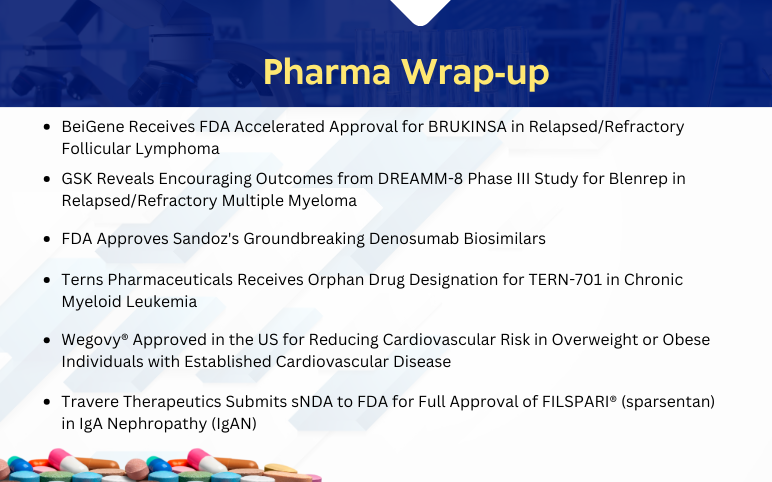
Novel Mutation-Targeting Therapies in the Horizon to Relieve the Global Healthcare Burden NSCLC Poses

Nov 06, 2017
Wiskott – Aldrich syndrome (also known as WAS) is a rare X-linked recessive genetic disorder that affects both T-lymphocytes and B-lymphocytes. It occurs due to the mutations caused in the WASp gene and is mainly characterized by low platelet count (microthrombocytopenia), immune deficiency, and eczema.
Being an X-linked disorder, it occurs almost exclusively in the male population with an incidence of 4 in 1 million live births in the United States. A similar incidence is observed ex-US. The incidence data from the 7MM including US, UK, Germany, Spain, Italy, France and Japan in 2015 showed that there were only 33 incident cases of WAS. The presentation of the disease is mostly reported in the first two years of life. In terms of prevalence, US had the maximum reported prevalent cases of 500 in 2015, while Spain had the lowest prevalent cases (57) reported amongst the seven major markets in 2015.
Currently, the therapeutic market of WAS only comprises of symptomatic treatments for primary immunodeficiency, thrombocytopenia and eczema with no commercially available curative drugs. The additional treatment strategy used is the hematopoietic stem cell transplantation but the unavailability of direct-acting therapies becomes a high unmet need. The current therapeutic research and development constitutes three major players including GlaxoSmithKline (Phase III), Genethon (Phase II) and Bellicum Pharmaceuticals (Phase II).
Article in PDF
It is expected that these upcoming curative products will have a high market and patient acceptance post-launch.
Insights by:
Ayushi Sinha
Associate Analyst
Article in PDF


